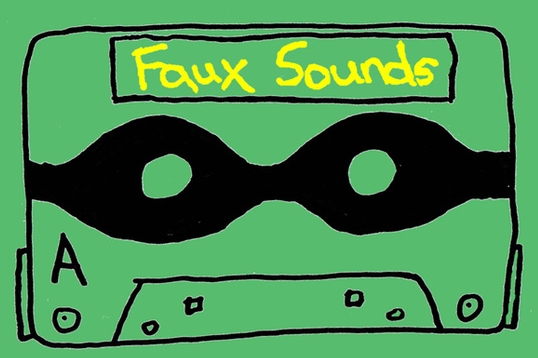Why Spotify?
What is Spotify? It occurs to me that not everyone visiting my sight will know what Spotify is. Briefly, Spotify is a music streaming service that allows you to listen to an incredible amount of music in a number of different ways - including your computer, phone or other mp3 player, tablet, etc. It integrates with Facebook (if you are into that) and allows users to create custom playlists and share music with friends. You have to download the program onto your computer (and app onto your mobile device) in order to listen. There are currently three versions - Free, which features annoying ads and doesn't allow you to listen off-line on mobile devices; Uninterrupted ($5/month), which eliminates ads; and Premium ($10/month), which has no ads and allows you to download music onto mobile devices for use off-line. There are also many in-program apps which guide you to the music found on the service.
Why Spotify? Spotify is a tool. For someone like me, who is constantly looking for new music, it's been an incredible boon. Unlike other popular streaming services it doesn't limit what you can listen to (other than what is not on Spotify), or guide your listening with self-serving "suggestions." For me, and the purposes of this blog, it is the most convenient (legitimate) way I've found to access an enormous amount of music, create playlists, listen wherever I go, share music, and discover new music.
The Problem With Spotify Spotify is not perfect. There is a continuing conversation in the press and among musicians and other people about how Spotify (and other services like it) affect music sales, and the way musicians get paid under this model.
Some of these issues are basically the same as relates to the rise of digital music and the decline of physical sales generally, which is presumed in conventional wisdom to have a cause and effect relationship. As consumer patterns change and adapt, there is ongoing evidence that online streaming may in fact increase sales of physical (or digital, a la iTunes, etc.) product.
Some issues have to do specifically with Spotify, and relate to the relatively low rate at which artists are paid for people listening to their music on Spotify. This usually presumes that people using Spotify are doing so as a replacement for buying music. My take, which is based almost entirely on my own habits and may be totally wrong, is that Spotify is actually supplanting illegal downloading, for which artists receive nothing. For me, it hasn't meant buying less music, it has meant that I've totally stopped downloading music. I have had some people tell me that listening to Spotify has meant purchasing less music, so I guess the effect of Spotify depends on what your music habits were to begin with.
This NY Times article examines the issue from the artist's perspective, and is a good place to start. As a musician myself, I sympathize with people wanting to be paid properly. Yet, I don't make my living from music, and have decided (for the time being) that money is simply not a part of the music equation for me. I'm thrilled if anyone listens to my music, and get a huge kick out of my album being on Spotify. This interview with Mike Watt and Ian MacKaye more eloquently illuminates this kind of thinking, and puts it in a cultural/historical context. As MacKay says, "My point as a musician is that I want people to hear my music. It's not about getting paid."
[Update (7/22/13) - Just came across this piece written by Damon Krukowski (of Galaxie 500 and Damon & Naomi) with his analysis of Spotify and Pandora. It's a much deeper way of thinking about what's going on there, taking into account the fact that these services basically do not turn profits. Check it out.]
Finally, I would be remiss if I didn't mention that there are many other online sources for hearing music without paying, and which are much more grassroots in nature. Probably the most popular of these is Bandcamp, which I encourage everyone to get familiar with. Soundcloud is also great.
